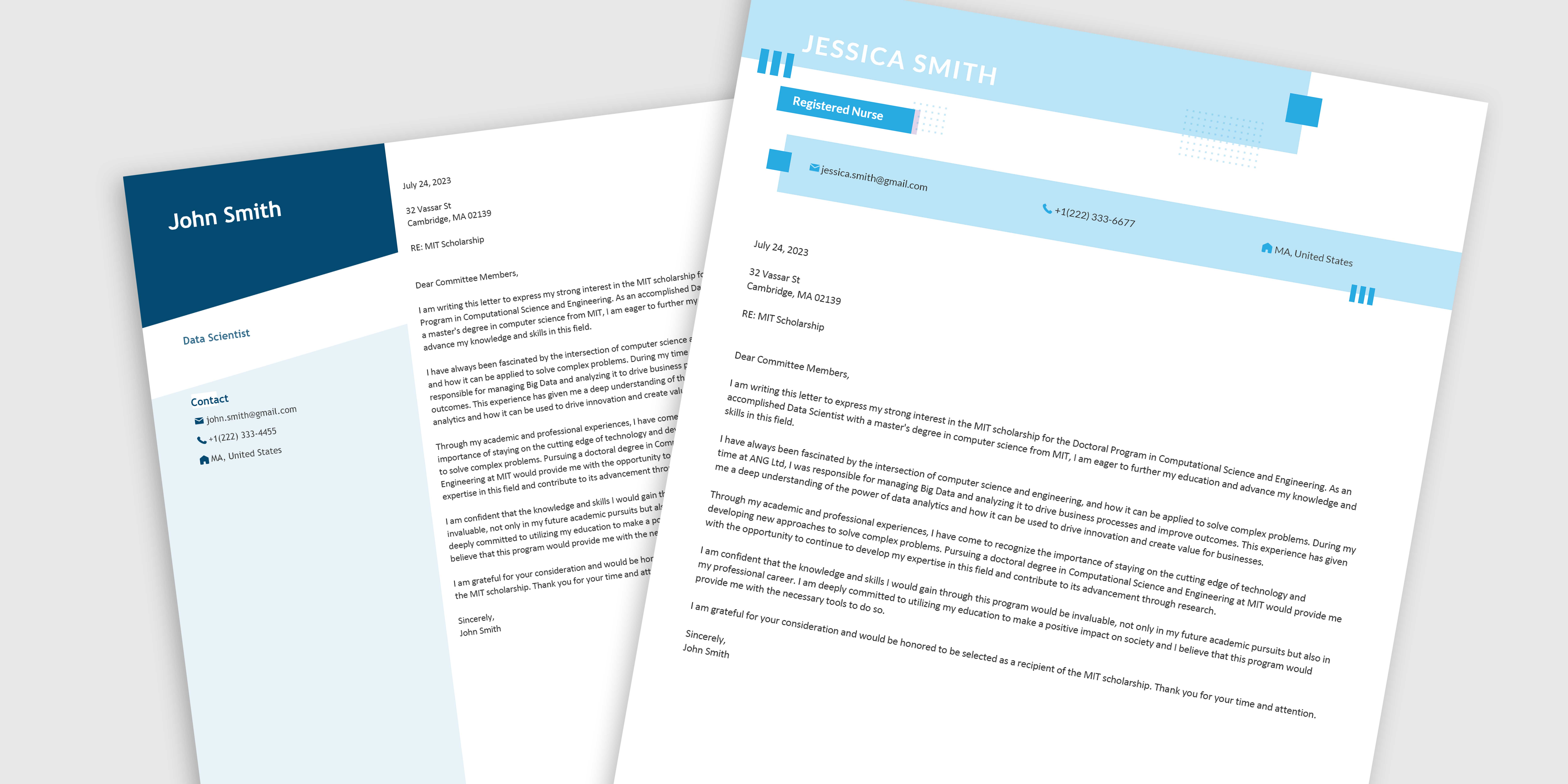
The time has come! You have decided to move on. You have signed the agreement for your new job. All that is standing between you and your new position is submitting your resignation letter to your current one.
While this is not the first step in quitting your job, it is an important one. The official letter you submit to your manager and HR will set the tone for the next two weeks at the office, as well as your future relationship with them.
Writing a letter of resignation can be only one step to take before you can move on to the next stage of your professional journey. However, like any other aspect of resigning, you must have a professionally planned approach. Even if your office does not explicitly ask for a written letter, handing in a resignation letter can help you leave your position on a positive note.
You need to act diplomatically. A resignation letter is not a list of grievances. You may return to the company at some stage in the future, or you could cross paths professionally with your boss or colleagues. At the very least, you may need the employer to write you a letter of recommendation or reference letter. For all those, you need to keep your letter tactful.
You could draft the main points of your letter in advance and fine-tune the wording once you have had a conversation with your manager about leaving the company.
Since Radviser, your intelligent adviser, is here to take care of everything for you, the following article is a step-by-step on how to write a resignation letter for you to use when needed.

How to Write a Resignation Letter?
1. Opening Paragraph
There is no need to sugar-coat or get creative in the opening paragraph; simply state the position you are resigning from and the effective date. While you probably shared your reasons for leaving with your boss, you do not need to describe them here - keeping it simple is absolutely fine.
Dear [Your Manager’s Name],
Please find this letter as formal notification that I am resigning as [Job Title] with [Company Name].
My last day will be [Last Day - Usually 2 Weeks from the Date You Give Notice].
2. Thank-You Paragraph
It is always a good idea to thank your employer for the opportunity, describing some of the critical things you have enjoyed and learned on the job, even if you are thrilled to be leaving. Remember, you might need these people for a reference in the future, and leaving things on a good note would leave a positive impression.
Thank you for the opportunity to work in this position for the past [Number] years. I have greatly enjoyed and appreciated my opportunities to [A Few of Your Favorite Duties]. I have learned [A Few Things You Have Learned], all of which I will take with me throughout my career.

3. Closing Paragraph
Lastly, state your willingness to help out with the transition. You do not need to go through details and DEFINITELY do not promise anything you cannot deliver, but a couple of lines stating that you will ensure a smooth wrap-up of your duties will show that you are in the game until the very end.
During my last two weeks, I will do everything possible to wrap up my duties and train other team members. Please let me know if there is anything else I can do to assist during the transition.
I wish the company continued success, and I hope to stay in touch in the future.
Sincerely,
[Your Name]
[Job Title], [Company Name]
What to Include in My Resignation Letter?
A resignation letter does need to be long or complicated. Still, you need to include some aspects and standards as follows.
- The resignation letter must be dated. This way, you have handed a formal notice to the company about you leaving.
- The resignation letter must be addressed to the right person.
- The opening paragraph of the letter must be short and directly explain the intention to resign.
- The letter must contain the date of your last day with the team.
- Sign the resignation letter followed by your personal contact information for any post-departure communication.
An Offer of Support
You can add to your resignation letter that you are willing to assist with training your replacement and preparing your team for your exit. Explain that you will complete your current tasks and provide factual information in written form to specify the duties needed to be completed.
Appreciation of the Company
Definitely, your time with a company cannot always be a positive experience. Still, it is likely your employer invested time and money training you for the role. This makes it ethical or courteous to thank your manager for the opportunities you have been given. Try to remember some of the best times with the company to set the tone of your thank-you section. It is all about choosing a professional approach to your resignation letter and leaving with a good impression.
What to Avoid When Writing a Resignation Letter?
Your company will likely keep your resignation letter on your employee file. It can be used in the future if another company requests a professional reference. For that, a poorly written or critical letter can impact your future choices after you move on. These are the things to avoid while writing a letter of resignation:
- Do not explain why you are leaving.
- Do not explain the downsides of the job, coworkers, or the company.
- Do not mention what you are doing next or what will happen to you with a bragging tone.
- Do not send an unedited letter.
- Stick to the basics and one-page rule.
Final Words
Now, do you know how to write a resignation letter? We tried to give you a thorough understanding of what to include and avoid in your resignation letter.
You are free to adjust a bit based on your experience and your company culture and then submit the resignation letter via the typical procedures at your company. Always keep the tone positive and professional; make sure this letter can not work against you at any point in the future.
Sure, the letter may sit in the depths of HR forever, but you can make sure of two things: one, your boss will read the letter and feel moved. Two, you may decide to come back to the company, it is good to leave everything professionally.
If you like to keep your knowledge updated, make sure you read our Library posts from time to time. We are here to answer all your career-wise questions.





